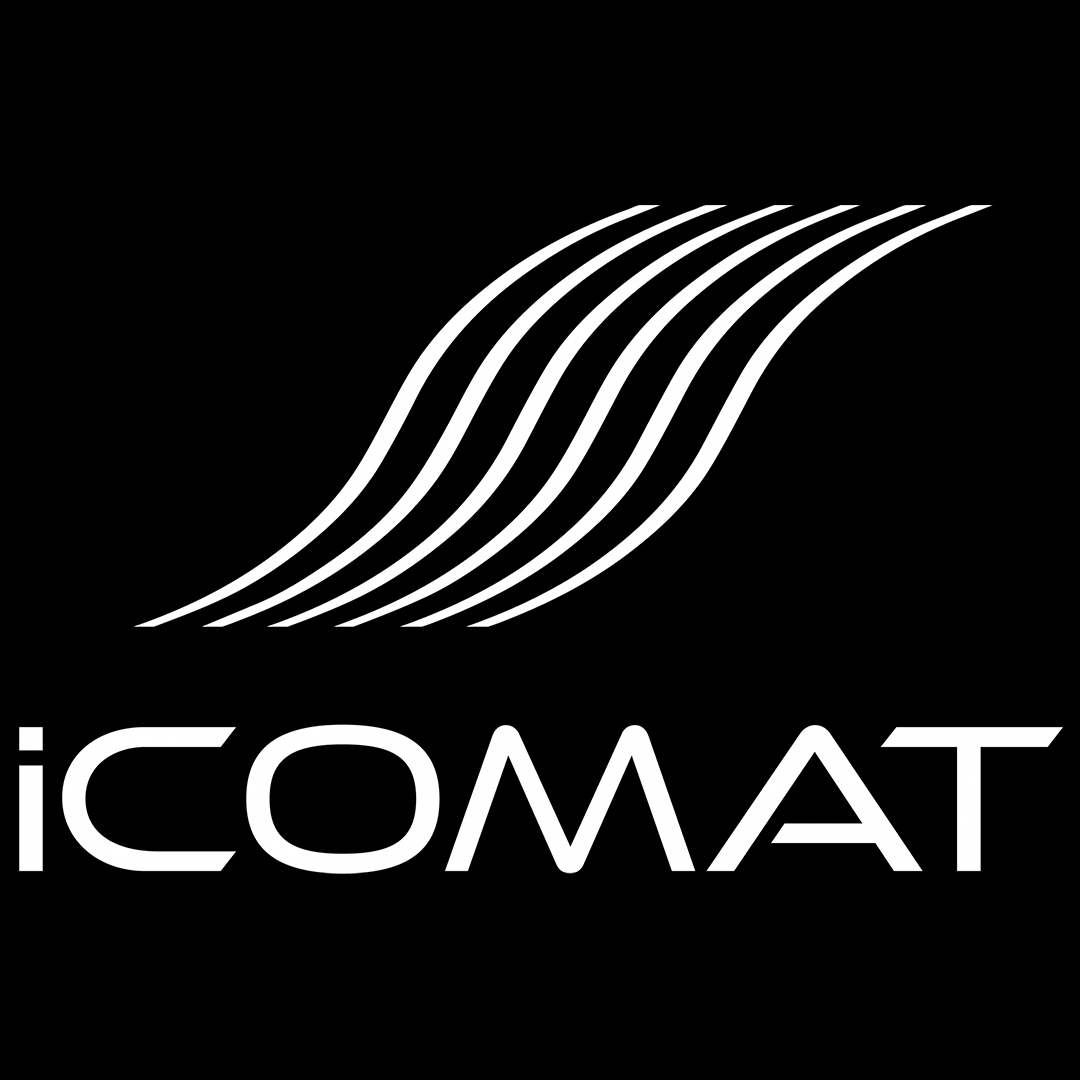iCOMAT

Project
DEsign MEthodology for fibre steered Composite structures (DEMEC)
URL
About the project
Utilisation of lightweight solutions in vehicles is key to UK’s/EU’s 2050 Net Zero. Enhancing the UK’s capability to produce lightweight structures with advanced performance characteristics and lower manufacturing cost, addressing the needs of the global market, presents an enormous opportunity for jobs and prosperity. Currently, composites made of fibres incorporated in a polymeric matrix are the most advanced solution for transport applications due to their exceptional combination of high strength and rigidity with a low specific weight. Currently, their manufacture is limited to standard inflexible solutions — mostly layers of straight fibres — and expensive. These hinder the expansion of composite materials applications and limit the overall economic and sustainability opportunity.
DEMEC puts forward a paradigm shift in designing/manufacturing composite-structures. The project is based on the Rapid-Tow-Shearing (RTS) process. DEMEC will be led by iCOMAT who are the originator of RTS, whilst will be supported by an aerospace Tier1 (Solvay) acting on an advisory-role.
RTS is the world’s first automated composites manufacturing process that can deposit wide pre-impregnated tapes along curved paths (fibre-steering) without defects enabling the manufacture of cost-effective ultra-lightweight advanced composite structures with minimum environmental footprint.
Fibre-steering offers tailored/efficient designs by aligning fibres with the primary load-paths and the component-geometry. This can significantly improve structural-integrity using considerably fewer layers minimising material usage and thus weight, production costs and environmental footprint. In addition, fibre-steering can optimise the forming process of composite structures as fibres can be pre-steered in the 2D (flat) preform to achieve the required fibre orientation in the 3D part ensuring a defect-free process. Therefore, lay flat (fibre-steering) and form offers an attractive manufacturing-route for complex-shaped structures.
DEMEC will address the development of a complete design optimisation workflow for the manufacture of complex-shaped structures using the lay flat and form process. Appropriate structural analysis and process simulation will be developed/integrated offering a fully automated framework that will drastically expand the design space of composite-structures. A representative aerospace-curved-beam (article) will be designed/manufactured to validate the developed workflow.
DEMEC will pave the way for RTS to become the new state-of-the-art in composites manufacture placing the UK at the driver’s seat of advanced composites.

